My article in Data Driven Investor published 30th of January 2020: Will AI save the labor market?
To show that the question in the title can be answered affirmatively, I am going to explore the way smart technologies help resolve social problems. The problems include an aging labor force gradually leaving the labor market with no one to replace them. Such precisely is the painful experience of Japan. I have chosen this example as one that is particularly glaring. As I have said in this blog on many occasions, smart technologies can bring a business to a whole new level and become its ticket into the global digital ecosphere. Such technologies can help a company compete in the demanding world of technological innovation. But, as it turns out, there is also an alternative scenario. New technologies may become our ally and help us survive the crises that creep up on us because they are given little media coverage.
Japan’s problem with aging
Recognized as a breeding ground for robotics and artificial intelligence, Japan has a population of which one quarter is over 65 years of age. In its search for solutions, the land of cherry blossoms has adopted long-term measures. They are based on insurance policies and – something of particular interest to us – robotics, seen as an effective remedy for the mounting demographic plight. Machines are giving Japanese hope. People in Japan have confidence that machines will be able to diffuse the current crisis that is already wreaking havoc with the labor market. According to the National Institute for Population Research, Japan’s population is set to shrink from its current 132 million to 100 million by 2049. It is not difficult to picture this rapid change cause of acute labor shortages.
Robots to the rescue
Japanese scientists are assessing the ability of robots to rescue their ageing country. While Europeans are known for phobic reactions to robotization, people in Japan have no such fears. They see robots as partners that help them endure the hardships of life. A hospital in Asuke has a mechanical swing lift that helps move patients from their beds and onto the toilet. Robots contribute to the famous Japanese longevity, reducing the burden on public finance. The great importance of robotics is shown by the fact that several experimental programs are currently being funded by the powerful Japanese Ministry of Economy, Trade and Industry. “We have found many difficulties in introducing technology to the welfare sector – cost, training, acceptance. But we have a shortage of manpower, so we need innovation. And new technologies and robotics have a lot of potential,” says Takanori Shibata, who has created a device to alleviate the pain and symptoms of depression. According to Ran Poliakine, co-founder of the Musashi AI consortium, one in three people will be elderly by 2036. This creates opportunities for the innovative use of artificial intelligence. The idea is to start delegating to machines the jobs that can be automated relatively easily. To that end, Musashi AI is developing prototypes of devices powered by artificial intelligence, such as a self-driving forklift truck that navigates autonomously and performs tasks previously reserved for humans.
The Japanese authorities are aware of the seriousness of these processes. One government-supported remedial program seeks to develop innovative medical technologies and specifically experimental regenerative medicine and cell therapy. Take a stroll around Kobe and you will easily spot a mini-city that has recently sprung up, consisting of research centers, hospitals and tech company headquarters.
Machines teaching us to see things differently
In many industries, digital technology reduces demand for human labor and increases the net gain of intelligent machine ownership, such machines being cheaper than people. According to McKinsey, the digital revolution will put nearly 400 million people out of a job by 2030. But while many occupations will vanish permanently from the employment landscape, many other jobs will be created to replace them. In addition, a careful look at the current trends reveals a much more complex picture. The case of Japan shows that, in their essence, the problems are not attributable to growing automation. Actual root cause of the crisis is the aging of many societies.
The Japanese example also shows that Europe perpetuates ever more powerful cognitive stereotypes. These make us view AI as a negative force. This notwithstanding, I draw inspiration from the above examples and find they show things from a whole new perspective. AI can raise hopes and become our partner. Seen in this way, robots are far from getting us fired. They will help us survive the time when societal aging becomes the new norm.
Link to article
. . .
Works cited:
Financial Times, Robin Harding, Japan’s population decline accelerates despite record immigration. Country set to lose equivalent of a midsize city every year for foreseeable future, Link, 2019.
Google Scholar, T. Shibata ; T. Mitsui ; K. Wada ; A. Touda ; T. Kumasaka ; K. Tagami ; K. Tanie, Mental commit robot and its application to therapy of children, Link, 2019.
Ran Poliakine, blog, AI as a job saver? Why japan’s auto industry is embracing industry 4.0. AI could save a japanese manufacturing sector imperiled by a staggering labor crunch, Link, 2018.
McKinsey Global Institute, James Manyika, Technology, jobs, and the future of work, Link, 2018.
. . .
Related articles:
– Technology 2020. Algorithms in the cloud, food from printers and microscopes in our bodies
– Learn like a machine, if not harder
– Time we talked to our machines
– Will algorithms commit war crimes?
– Machine, when will you learn to make love to me?
– Hello. Are you still a human?

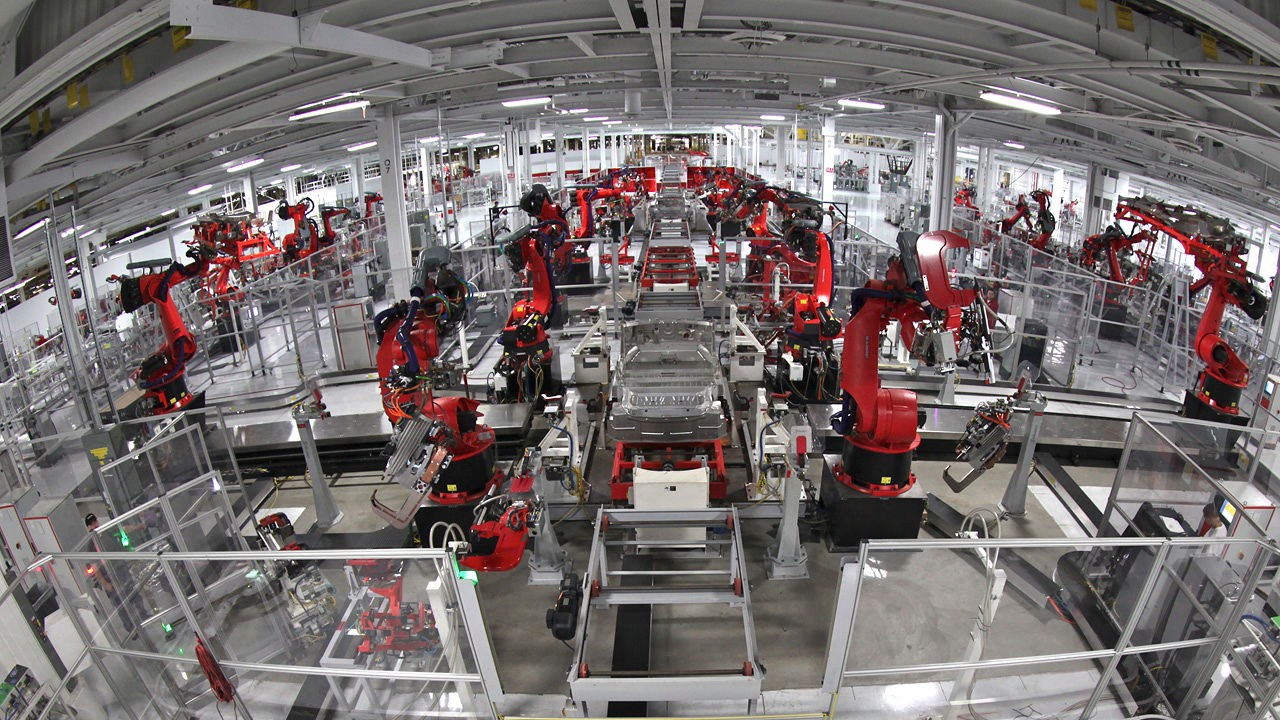
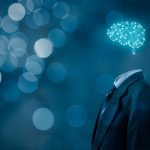

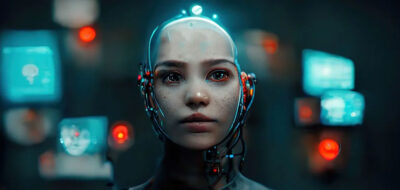
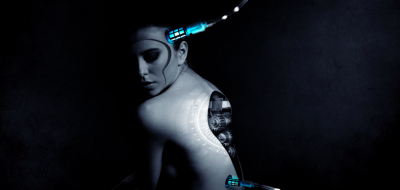

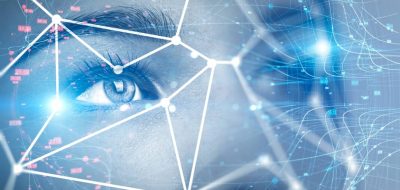


John Macolm
Norbert, excellent read
Adam
Robots are not human beings; therefore, they can’t be entitled to human rights. That’s it and nothing more.
This is really good read.
PiotrPawlow
Regulation can serve as a strong foundation. Good regulatory frameworks will consider safety, explainability, fairness and accountability to ensure we develop the right tools in the right ways. Sensible regulation must also take a proportionate approach, balancing potential harms, especially in high-risk areas, with social opportunities.
CaffD
My only argument is that Musk isn’t qualified to make credible pronouncements about AI. He may ultimately be right, but so is a broken clock, twice a day.
That said, Ray Kurzweil, who is more credible than Musk in the field of AI says that AI will enhance rather than displace humans.
https://futurism.com/ray-kurzweil-ai-displace-humans-going-enhance
I don’t know which of them is right. AI will be disruptive, but most new technologies are, and we keep adapting. Interestingly Kurzweil agrees with Musk that AI poses “existential risks” but remains more optimistic overall.
Jang Huan Jones
Exactly, theres the mistake of thinking of AI as an object or tool like every other weapon. Its not. A true AI is a functioning, thinking being, whos to say any country could control that. It wouldnt be a national creation, it would be a global one. An AI dosent give 2 shits about you nations problems, its immedietly going big picture.
Tom Jonezz
With advances in AI and Robotics, labor strikes will have less and less impact on output and production…but Basic Income would still be a logical way to allocate stuff among people
AndrzejP34
Thank you for pointing out the importance of this topic
JackC
I think we should look at automation on a whole-spectrum basis, which is its positive side and its negative side. My view is that the negative side is much bigger and much more pervasive than the positive side. I’d be much more worried about seeing robots taking away jobs rather than losing jobs to robots. But we have a tendency to be concerned that the positive side of it — that it can actually provide the human experience a little bit better — is more alarming than the negative side.
Pico Pico
I don’t think so
SimonMcD
I think that too many people think that “AI” is a descriptive term instead of what it was designed to be: a sexy term that researchers used to get research grants. Using “AI” as a descriptive term sets high expectations, which are never met, thereby ushering in yet another AI winter. I think the resulting ebbs and flows of funding has a serious negative impact on AI research generally.
tom lee
To top it all off sometimes we don’t even think critically about the problems we want to use “AI” to solve. I was talking with someone who works in “data science” at an airline. He told me he had obtained a data set about mishandled bags. The data set contained all kinds of information about the bags: size, color, origin, destination, etc, and a label about whether the bag was mishandled or not. The guy, totally serious, told me he was gonna use this data to develop a model that could be deployed in airports and predict which bags were gonna be mishandled….. Like… dude. That’s not gonna work (and it didn’t btw). Bags don’t get mishandled because the bag was red and it’s final destination was London. Bags get mishandled due to random circumstances like bag handler 1 just said something rude to baggage handler 2 so baggage handler 2 threw your bag at him. That information is not present in your training data and it likely will never be.
John Accural
To be fair, I do acknowledge that there are a lot of times when the right data shared with the wrong recipient can be embarrassing or even expensive for folks. We have seen enough repercussion tales of phishing, vishing, scammers, leaks, and data breaches to know that we would like to keep our pornographic likes and dislikes between us and Pornhub and we should not allow people to film us saying or doing anything un-PC if we like our jobs. Less clear for some folks is when not to provide a user name and password without first verifying who you are giving it to.
The problem really isn’t about sharing data, it is that we do not do enough to protect that shared data and punish those who misuse it. We freely share the data of others without permission and then scream when a company shares our data without permission while berating our friends for being upset with us for sharing “that pic” of them. We share data of our own without thinking of the negative consequences whether it be CPNI or a swimsuit selfie. We often devalue our own data in the ways we choose to present it or how we respond when dealing with a customer service rep performing a secure validation procedure.
CaffD
What really going to happen is people who don’t understand the technology will anthropomorphize the AI, assume they’re a lot more competent than they actually are, and put them in charge of really important stuff well before it’s actually up to the task. It’s going to be a rough couple of decades.
Adam Spark Two
AI into the brain? First you map the structure of the brain, how the neurons are connected, what type they are, etc. You put that into a mathematical model that can be run on a computer. Then you “program” it by synching the states of those simulated neurons with the electrical activity of the actual brain that you copied the structure of.
I don’t mean to make any of this sound trivial, but we either have or are very close to having the tools necessary to do it.
Jang Huan Jones
Because that boogeyman used espionage, hacking, and propaganda to effectively take America and Britain by complete surprise and single-handily made our governments trip over themselves and fall on their faces. Their ability to use shady yet effective tactics is just as strong as their corruption. They do not need the strongest economy or the strongest military. They have clearly demonstrated they have immense power over other world super powers because of their ability to manipulate and control from behind a curtain.
Mac McFisher
Not at all. As a software solution, an AGI would be agnostic to the underlying hardware. So, it could be a typical binary processor, or even a multi-valued logic processor. Ultimately, from a computational perspective, both approaches are functionally the same, even if expressed differently. An AGI would abstract away these differences through the use of an agnostic high level language, typically natural language, which could be compiled on any system.